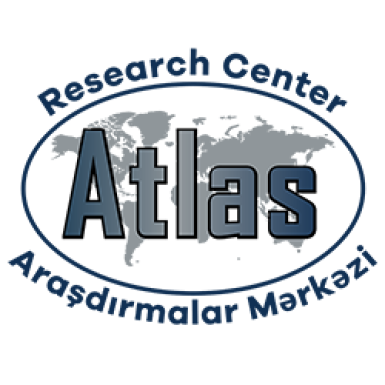“Hindustan Times” dərgisində yayımlanan məqalədə yazılıb ki, Hindistan və Avstraliya “böyük yeddilər”ə daxil olmasalar da, Yaponiyadakı toplantıya dəvət almışdılar və bu, bölgədə yeni təhlükəsizlik formatının təsisiylə əlaqələndirilib. Bununla “Quad” ölkələri (ABŞ, Hindistan, Avstraliya və Yaponiyanın üzv olduğu təhlükəsizlik dialoqu) Yaponiyanın Xirosimo şəhərində fikir mübadiləsini davam etdiriblər. Təşkilat çərçivəsində hərbi əməkdaşlığın genişlənməsi ön plana çıxıb. “Quad”a üzv ölkələrin baş qərargah rəisləri arasında təmasların sayı artıb. Toplantılarda Böyük Britaniyanın yüksək rütbəli hərbçiləri də iştirak edirlər. Üzv ölkələrin hərbçiləri toplantılarda mümkün təxribata qarşı birgə fəaliyyətin mexanizmlərini müzakirə edirlər.
“Quad” dialoq formatı 2004-cü ildə təsis olunub. Həmin il Hind okeanında sunami nəticəsində müxtəlif sahil ölkələrində 200 minə yaxın insan həlak olmuşdu. Dialoq formatının məqsədi fövqəladə hallar zamanı birgə əməkdaşlığın təşkili idi. “Quad” 2017-ci ilə qədər fəal format olmayıb. Təşkilatı sonrakı illərdə ABŞ-ın keçmiş prezidenti Donald Tramp fəallaşdırıb. Tramp administrasiyası “Quad”ı Çinin artan gücünə qarşı formata çevirməyə qərar verdi. Trampdan sonrakı prezident Co Bayden bu siyasəti davam etdirməyə qərar verdi. Pekinlə “Quad” arasında qarşıdurma artıb.
Hindistan adətən hərbi bloklara qoşulmur. Ancaq Hindistanın Çinlə münasibətlərində artan gərginlik və son illərdə sərhəddə baş verən toqquşmalar Dehlini də “Quad” üzvü olmağa həvəsləndirdi. Hindistan son illərdə Qərb ölkələrindən hərbi texnika alışını artırıb. Halbuki, Dehli son illərə qədər Rusiyadan daha çox hərbi texnika alırdı. Ancaq Ukrayna müharibəsi Rusiya hərbi texnikasının keyfiyyətiylə bağlı ciddi suallar yaradıb. Buna görə də Dehli Rusiya ilə əməkdaşlığı davam etdirməklə yanaşı Qərb texnologiyalarına üstünlük verməyə başlayıb.
Beləliklə, “Quad” NATO-ya bənzəməyə başlayıb. Doğrudur, “Quad” çərçivəsində hansısa təhlükəsizlik sənədləri imzalanmayıb və ya bu dialoq formatı NATO-dan fərqli olaraq ortaq müdafiə siyasət yoxdur. Buna baxmayaraq, Vaşinqton Asiya qitəsində tərəfdaşlarıyla müttəfiqliyi gücləndirmək məqsədilə regional bloklar formalaşdırmağa maraq göstərir.
"Atlas" Research Center




